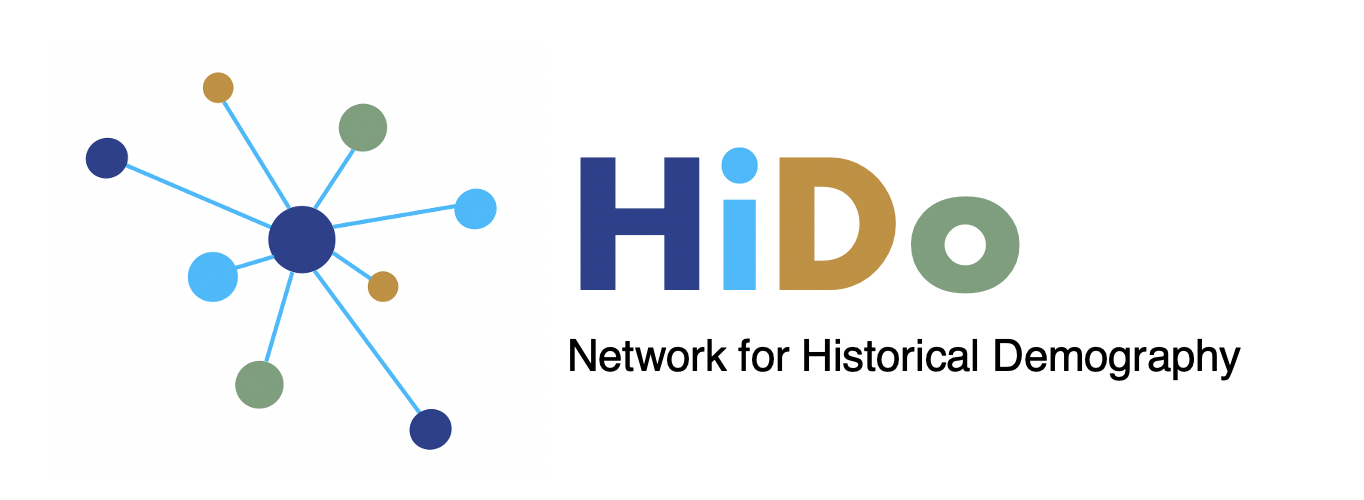Workshop Nature & Nurture: Exploring the Links between Genetics and Historical Demography
An Initiative of HiDo – Scientific Network for Historical Demography
Date and Place: 7 October 2022, Leuven, Belgium
Submission Deadline: 1 July 2022
Organizers:
- Sofie Claerhout – Forensic Biomedical Sciences, KU Leuven, Belgium
- Ronny Decorte – Forensic Biomedical Sciences, KU Leuven, Belgium
- Isabelle Devos – Quetelet Center, Ghent University, Belgium
- Paul Puschmann – Radboud Group for Historical Demography, Radboud University, The Netherlands
- Niels van den Berg – Leiden University Medical Center, The Netherlands
Call for Papers
While genetics and historical demography are two separate disciplines that have operated mostly independent, both disciplines share common interests and have, in fact, a lot to offer to each other. As DNA is passed on from one generation to the next, historical population data – genealogies, populations registers, vital registration records – are not only of great value for historical demographers, but also for geneticists. This is especially the case when studying genetic information that is passed on almost unchanged over multiple generations from father to son, i.e. Y-chromosomal DNA, and from mother to child, i.e. mitochondrial DNA as well as for traits that can be measured in a multigenerational familial context, such as longevity (survival to extreme age) or having twins. Similar to historical demographers, (population) geneticist are interested in demographic events, such as birth, partner selection, marriage, migration and death. Whereas geneticists usually study the nature-side of these human life time events, historical demographers focus mainly on the nurture side of the story. Reason enough for the two disciplines to meet and team up, to learn from each other and to explore the possibilities for joint interdisciplinary research.
We invite paper and poster presentations that deal with topics concerning the intersection of historical demography and genetics. We welcome empirical papers, but also theoretical and methodological contributions. The intention is to publish the papers of the workshop in a special issue of an international peer-reviewed journal, that is interdisciplinary in nature, such as PLOS ONE or Biodemography & Social Biology.
Abstracts can be submitted using our Google Forms (https://forms.gle/hhDkzeSQ2hrgottx8) before 1 July 2022. An abstract for a paper should not exceed 1.000 words, abstracts for poster presentations can be limited to 400 words. More information sofie.claerhout@kuleuven.be.
